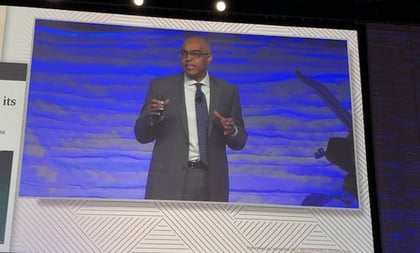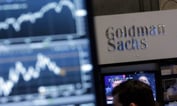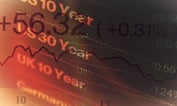Greg Davis, the chief investment officer of Vanguard, says 2019 will be a challenging year for financial markets because growth is slowing, rates are rising and uncertainty about geopolitics is increasing.
Speaking at the Inside ETFs conference in Hollywood, Florida, Davis said Vanguard is not expecting a U.S. recession this year but has raised the odds from 30% previously to 35% in 2019 and to 40% to 50% for 2020, depending on “how high rates go and how muted global growth” is.
Vanguard does expect the Federal Reserve will raise interest rates one more time this year, in June.
“We believe there’s enough strength in growth and employment data to justify another rate hike, then a permanent pause,” Davis said.
Vanguard’s outlook calls for growth of 2% in the U.S., 1% in Europe and 6% in China this year — all slower than last year — with inflation also muted, at 2% in the U.S., 1.5% in Europe and 1% in Japan.
Longer term, the mega-fund company is forecasting annualized average returns over the next 10 years of 5% for U.S. equities, 3% for U.S. bonds and 7.5% for international equities.









 February 11, 2019 at 03:06 PM
February 11, 2019 at 03:06 PM










